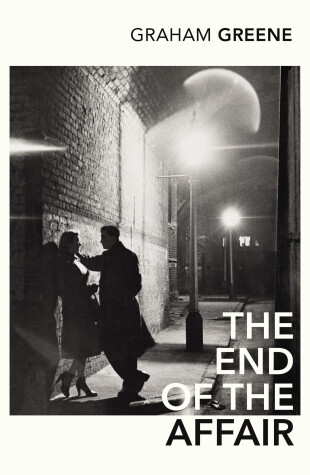Reviewed by brokentune on
There are a lot of levels to the story of Maurice, Sarah and Henry. To say it is - as the title presumes - a romance, will not do. But neither is it - in my estimation - a book about Brendix' competition with God as some suggest.
Obsession, delusion, denial, jealousy fueled by self-hatred and a hefty dose of egotism make Brendix not a likable character. His selfish obsession with Sarah, or rather, with the idea of her and his wanting to possess her, is frustrating. On a few occasions, you want may want to shout out "You idiot, can't you see what you are doing?" Nevertheless, it is a pleasure to bear with him, to explore the mysticism that is introduced by the characters of Mr. Smythe and Mrs. Bernard.
It may well be that the second half of the book and the investigation into Sarah's secret is an explicit description of Sarah's conversion to Catholicism and - finally - Brendix' acknowledgement of God, even though - or maybe because - he constantly denies God's existence just as he denies his own guilty part in Sarah's demise.
In my estimation, though, the concept of Catholicism Greene used could easily be substituted with any other faith, superstition, or indeed hocus pocus. Anything that could be used as a target of Brendix' grief; anything that could be used as a locus of Brendix' displaced guilt, self-hatred and inadequacy. All through his tale, Brendix antagonizes people in the search of a rival - first Henry, then Sarah's unknown other lover, before he finally settles his need to compete on a God that he has always denied.
It is a grotesque tale. Beautifully written and very atmospheric. It does leave me wondering, though, if there ever really was an end to the affair.
Reading updates
- Started reading
- 5 May, 2013: Finished reading
- 5 May, 2013: Reviewed
